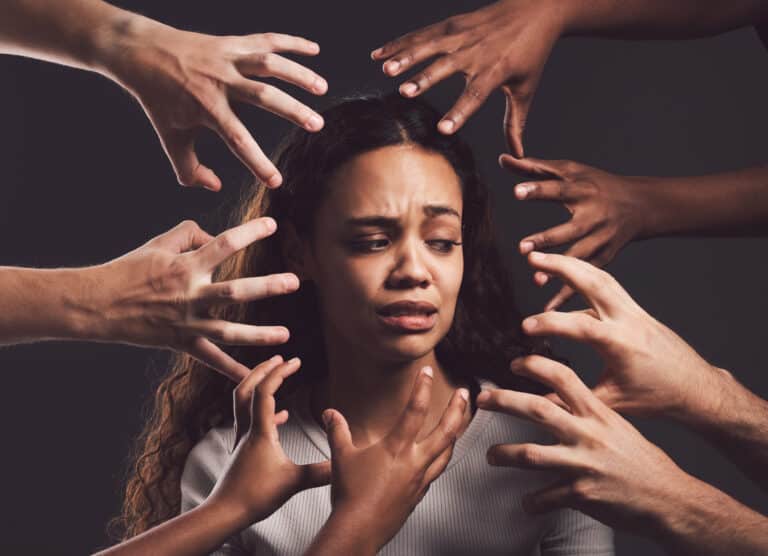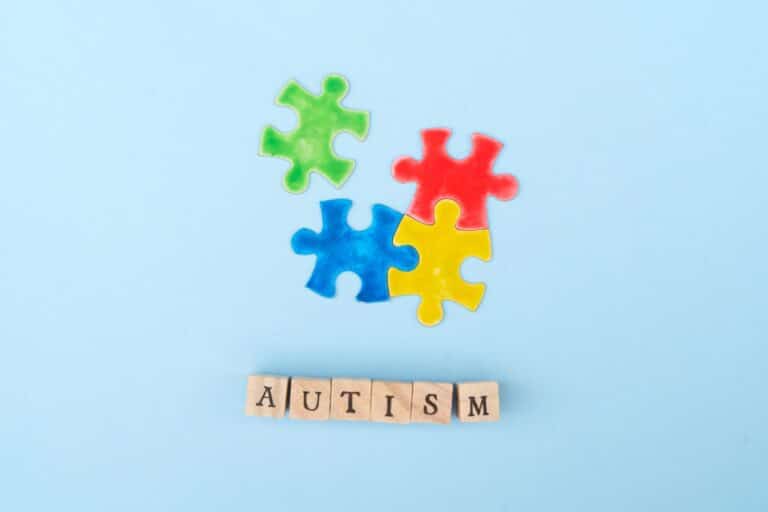If you or a loved one are abusing substances, you’re not alone. Around 10% of the US suffers from some substance abuse disorder.
The good news is that there are ways out no matter what kind of substance dependency, physical or psychological.
So what is psychological dependence, and how do you treat it? Let’s talk about that.
What Is Psychological Dependence?
As opposed to physical dependence, psychological dependence is a dependence on a substance someone believes they have. The biggest issue with this is that, in many ways, it’s a lot more powerful than physical addiction.
Think about it. Your brain controls everything. If you’re physically addicted to a substance like heroin, but you want to stop, you can use your brain to overcome that addiction, but if you really believe that you need this substance, that’s a lot more difficult to overcome.
It’s simple. If you don’t want to stop, you’re not going to. This makes it a hazardous situation to find yourself or a loved one in, and it needs to be taken care of immediately.
Common Examples of Psychological Dependence
Whether you know it or not, you probably know somebody with some dependence. Let’s take a look at what psychological dependence might look like, with or without physical addiction.
Marijuana
Studies generally agree that even though it may pose certain health risks, marijuana is not physically addictive. However, some people may believe that they need to use marijuana to function, which can cause many issues.
If you believe that someone you love is dependent on marijuana, they might say things like “I can’t function without it” or “I can’t even smoke anymore. I have to take stronger stuff to feel normal.”
This is a harder type of dependence to break, as the user really believes they can’t live their normal lives without it. Marijuana isn’t the only example of a psychological dependence that doesn’t coincide with physical addiction, but it is a common example. Let’s take a look at one where the two intertwine.
Drugs
If addictive, like prescription pills, cocaine, heroin, or even nicotine and caffeine, this can easily coincide with a psychological dependency and even strengthen it.
The feeling of physical withdrawal from a substance may only give credit to the idea that you can’t survive without this substance. A minor example would be, “If I don’t have my coffee by 10, I’m not going to be able to have a good day.”
Whereas a more serious one could look like: “If I don’t know exactly where my pills are at all times, I immediately have a panic attack.”
Alcohol
First of all, for the sake of clarification, alcohol is a drug. It is psychologically and physically addictive like a drug. Alcohol use disorder gets its own section because of its popularity, social normality, and legal status.
Because alcohol is so widely used, it can be difficult to spot a dependency. If somebody is psychologically dependent on alcohol, it won’t take long to become physically addicted. Once a user feels withdrawals, it will only strengthen their dependency on the substance. Avoiding this is tricky but absolutely worth it.
If a loved one seems to be drinking heavily for more than a few days, maybe try bringing it up to them that it isn’t healthy. However, most people don’t catch it that early. If it’s been going on for a while, this is likely already a psychological dependence. You have to know how to spot it.
Signs Of Psychological Dependence
There are many different signs somebody could display when dealing with psychological dependence, and it will always look different from person to person. However, the overall signs of drug abuse will likely be similar.
- Irritability – Especially when asked about drug abuse or the idea of quitting
- Depression – Especially while attempting to quit the substance
- Desperation – Feelings of a “need” for the substance in order to function
- Cravings – Constant thinking about the use of the substance
If this sounds familiar, you are likely looking at some substance dependency. Substances and circumstances will vary, but they will need to be treated.
Other signs to look for include lying about whereabouts, constantly running out of money, keeping many secrets, constantly complaining of being sick or experiencing allergies, and more. None of those will say addiction right off the bat, but if the story adds up, it’s likely to be the case.
Treatment
You can treat a physical addiction physically, and you can treat a psychological one psychologically. Either way, this needs to be treated to receive the best results.
Therapy
Psychological therapy is a great option to treat physical dependence without an addiction, assuming there is no risk posed to the user. If it is a substance like marijuana that is likely to have longer-term negative effects without the risk of overdosing, this could be a great option.
However, if it affects their everyday life, causing suicidal ideation, or creates a risk of serious health risks, this may not be enough.
Support Groups
This is great for people who have stopped using their substances and are looking to maintain abstinence. If it’s caught in an early stage and isn’t matched with physical addiction, support groups may be a good start, depending on the circumstances.
Inpatient Rehab
If the user is at any serious risk to themselves because of their substance use, they will benefit the most from being taken out of that environment. Inpatient rehab will offer medication treatments (if necessary), therapy, support groups, and a controlled, substance-free environment.
Get Help Today!
Now that we’ve answered the question “what is psychological dependence?” you know what needs to be done. If you believe you or a loved one needs substance abuse recovery, the time to get help is now. If you’re starting your road to recovery, find out what a sober companion is and how they can help you!






